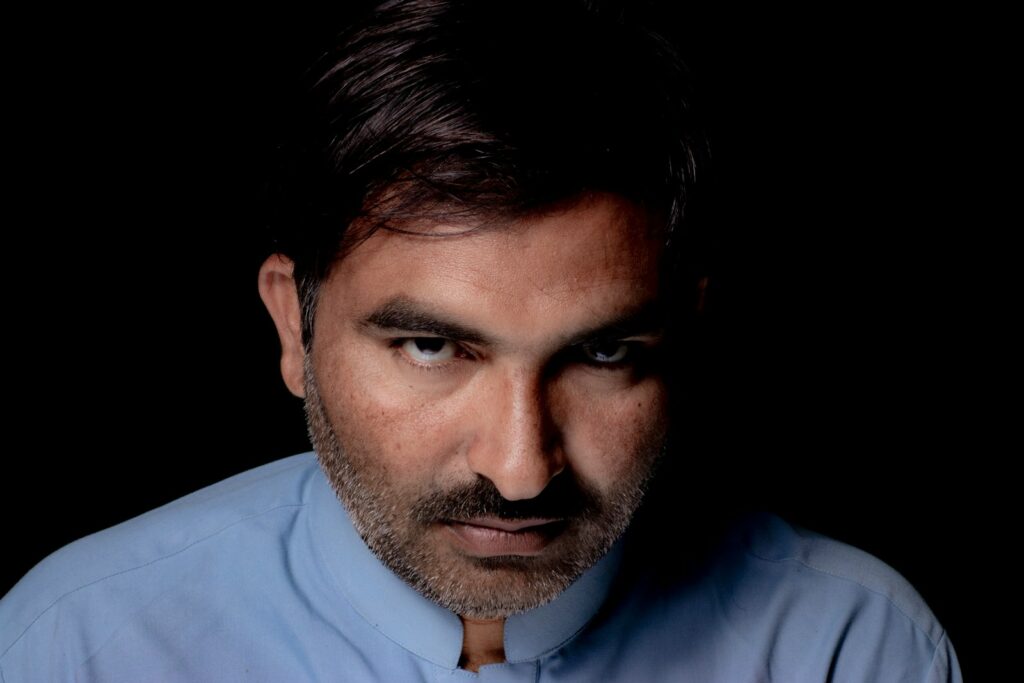Lifestyle
15 Things You Should Never Say to a Narcissist

They can be charming one moment and vicious the next, flipping conversations to serve their own ego or emotional agenda. While you might feel tempted to call out their behavior directly, some phrases do more harm than good. Rather than creating clarity or boundaries, these statements often provoke defensiveness, manipulation, or even emotional retaliation.
“You’re not as special as you think.”

This cuts directly into the narcissist’s inflated self-image. They spend a lot of energy convincing themselves, and others, that they’re exceptional. Telling them otherwise isn’t humbling; it’s threatening. Rather than reflecting, they’ll likely lash out, twist your words, or try to regain power by demeaning you. You won’t get through to them this way, and you may end up in a power struggle you never asked for.
“It’s not always about you.”

To a narcissist, everything is about them—your tone, your mood, your life. Saying this threatens their sense of importance and will likely result in a defensive or sarcastic response. Rather than acknowledging how self-absorbed they’ve become, they’ll accuse you of being selfish or ungrateful. Ironically, even this confrontation will somehow become your fault. Narcissists don’t respond well to being called out, especially when it disrupts the illusion that they’re the center of everything.
“You hurt me.”

Expressing emotional pain to a narcissist rarely gets the empathy you’re hoping for. Instead, it often invites gaslighting, deflection, or guilt-tripping. They may say you’re being dramatic or claim you caused the situation. In their mind, they’re either the victim or the hero—never the villain. Even if you’re calm and clear, your vulnerability is seen as weakness or manipulation. You risk being made to feel guilty for having feelings at all.
“Can you ever admit you’re wrong?”

This question won’t open up dialogue, or it’ll start a war. Narcissists guard their ego tightly, and admitting fault feels like losing control. You’ll probably get denial, justification, or worse: an emotional counterattack. They may bring up your past mistakes or accuse you of being unfair. Even when they know they’re wrong, they’d rather preserve their image than repair the relationship. The need to be right often outweighs the desire to be close.
“You’re acting like a narcissist.”

Calling them out directly rarely works. Most narcissists either reject the label entirely or wear it like a badge, depending on how it serves them. More often, though, they become enraged. You’ve exposed something they try to hide—not just from others, but from themselves. Expect the conversation to devolve quickly into accusations, projection, or stonewalling. They’ll either punish you or play the victim, turning the attention away from their behavior and onto your “unfair” attack.
“Let’s talk about my needs for a second.”

To a narcissist, your needs only matter if meeting them enhances their image or control. Trying to shift the focus away from them often triggers withdrawal, mockery, or passive-aggressive resistance. They may agree in theory, but redirect the conversation to their own experiences or frustrations. Your needs become a nuisance, a burden, or worse—evidence that you are the selfish one. Over time, this dynamic erodes your sense of value and emotional safety.
“I don’t need you.”

This threatens their deepest fear—being irrelevant. Narcissists rely on others for validation, admiration, and control. When you say you’re fine without them, it breaks the illusion of dominance they try to maintain. Their reaction might be rage, manipulation, love-bombing, or cold silence. They’ll try to reestablish power, either by making you feel guilty or by replacing you with someone more “grateful.”
“Why are you so insecure?”

This question exposes the truth they work hard to bury. Narcissists mask deep insecurity with arrogance, control, and grandiosity. Calling attention to that inner weakness is like ripping the cover off a wound. You’re not likely to get honesty or reflection. Instead, you’ll get denial or rage. They may accuse you of being jealous, controlling, or toxic. Insecurity drives much of their behavior, but admitting it would shatter the image they’ve constructed.
“You’re not the victim here.”

Playing the victim allows narcissists to dodge accountability while gaining sympathy. Telling them they’re not the victim strips away that protection. Rather than accepting blame, they’ll double down—maybe by rewriting history, guilt-tripping you, or accusing you of being abusive. Their goal is to win the emotional narrative, not seek truth. Challenging that position means you’re now cast as the villain in their story.
“You’re too much for people.”

Even if said with concern, this comes across as rejection. Narcissists depend on admiration and attention. Being told they’re “too much” threatens their sense of worth and can trigger feelings of abandonment. Rather than take it as a cue for self-awareness, they may attack your character, accuse you of being judgmental, or spiral into dramatic displays of emotion. The idea that others are overwhelmed by them is unbearable, so they deny or deflect.
“Other people don’t have this problem with me.”

This kind of comparison threatens their sense of control. It implies that the common denominator in conflict might be them—something they’re not ready to accept. You might hear, “That’s because you treat them differently,” or worse, “You’ve turned everyone against me.” Rather than acknowledging a pattern, they’ll reframe the situation to paint themselves as the misunderstood ones. In their mind, they’re always surrounded by fools, enemies, or people who just don’t “get” them.
“That’s not how it happened.”

Narcissists often rewrite reality to protect their ego. Challenging their version of events, no matter how gently, invites accusations of lying or gaslighting. Even with proof, they’ll insist you’re wrong, or they’ll twist the narrative until you start doubting yourself. Holding onto your version of the truth becomes exhausting, especially when they spin it as your attempt to manipulate or attack them. With a narcissist, facts rarely win.
“I’m not impressed.”

Narcissists crave admiration. It’s their lifeblood. Showing disinterest in their stories, achievements, or image feels like a slap in the face. They may react with contempt, coldness, or escalate efforts to win you over. Indifference wounds them in a way criticism doesn’t. They’d rather be hated than ignored, so not being impressed makes them feel invisible, unworthy, or out of control. Your neutrality challenges their belief that they’re extraordinary.
“That wasn’t about you.”

Narcissists insert themselves into every narrative. If they’re not the hero, they’re the victim. Telling them something isn’t about them strips them of relevance, and that’s intolerable. You may be accused of exclusion, disrespect, or intentionally trying to hurt them. Even an innocent story can become “proof” that you’re selfish or inconsiderate. They don’t just want attention—they expect it. Anything less feels like betrayal.
“I think you need help.”

Suggesting therapy or counseling, even gently, is often seen as a personal attack. Narcissists don’t view themselves as flawed—they see everyone else as the problem. This comment challenges their entire self-image, so expect backlash. They may mock the idea, accuse you of overreacting, or flip it: “You’re the one who needs help.” Even when their behavior is destructive, they resist change.

